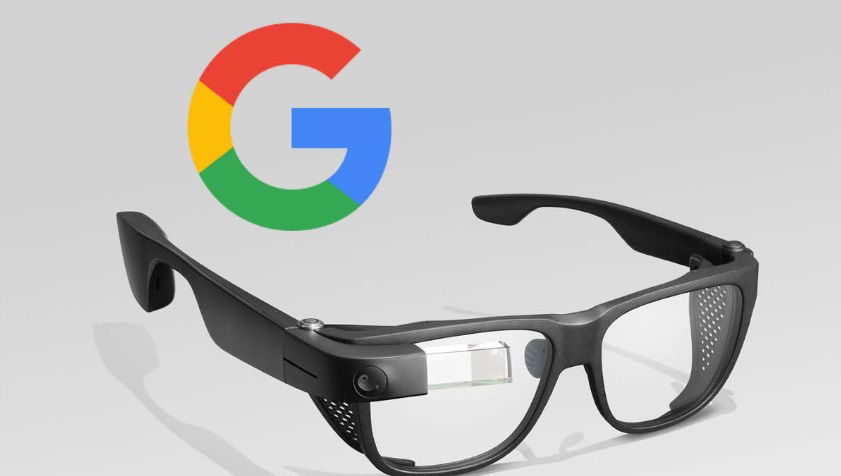
🚀 Google’s Metaverse Moves — From Concept to Reality
While other tech giants have raced ahead with splashy announcements and early hardware, Google took a different route: quiet, calculated, and infrastructure-focused. Now, the results are here:
- 🔍 Project Iris → Android XR OS: Google’s upcoming operating system for XR (extended reality) is designed to power the next generation of AR/VR headsets, creating an open alternative to Meta’s closed platforms.
- 🥽 Google x Samsung VR Headset: In collaboration with Samsung, Google is co-launching a sleek new headset built to compete directly with the Meta Quest and Apple Vision Pro. Early leaks suggest a lightweight, powerful device optimized for both productivity and entertainment.
- 🌐 Immersive Search + ARCore Expansion: Google is reinventing Search itself with immersive, spatial results that interact with your environment. ARCore, its AR platform, now supports context-aware overlays, educational tools, and even virtual tourism.
- 🛍️ Metaverse Shopping & Ads: YouTube and Google Ads are being redesigned for virtual spaces, making 3D product placement and interactive commerce a core feature of Google's XR push.
👓 From Data to Devices: Google’s XR Ecosystem Is Forming
Imagine this:
- Exploring Google Earth in 3D — but now you’re walking through it.
- Asking Google Assistant a question — and seeing answers materialize around you.
- Joining a Meet call — where your avatar sits beside your team in a beautiful virtual workspace.
With Google’s search, maps, assistant, photos, and workspace tools all integrating with XR, the ecosystem is forming. And the goal? Nothing short of redefining how we interact with the digital world.
⚔️ But the Metaverse is a Battlefield
It’s not just Meta in the game. Apple, Microsoft, ByteDance, and now Samsung-Google are in an arms race for immersive dominance. Google knows the stakes — and it’s playing to its strengths: data, services, and global reach.But there are hurdles:
- The XR market is still young and fragmented.
- Consumer adoption hinges on affordability, content, and comfort.
- And regulators are watching closely.
Still, if any company can build a metaverse that feels intuitive, useful, and expansive — it’s the company that already organizes the world’s information.
💡 The Bottom Line? Google Is In It to Win It.
Google isn’t just reacting to the metaverse trend — it’s shaping it. With a new operating system, hardware partnerships, and deep integration into daily life, Google is building the connective tissue of tomorrow’s immersive web.And if you're wondering whether Google has what it takes to lead in the next computing revolution… just look around. You’re probably using a Google product right now.


